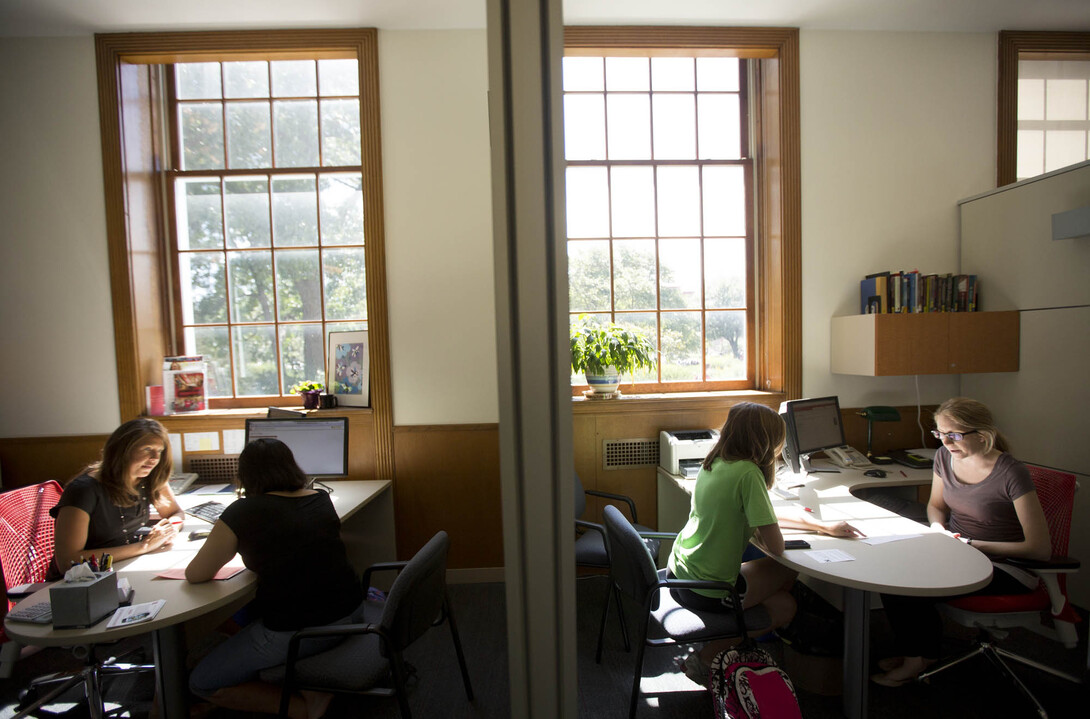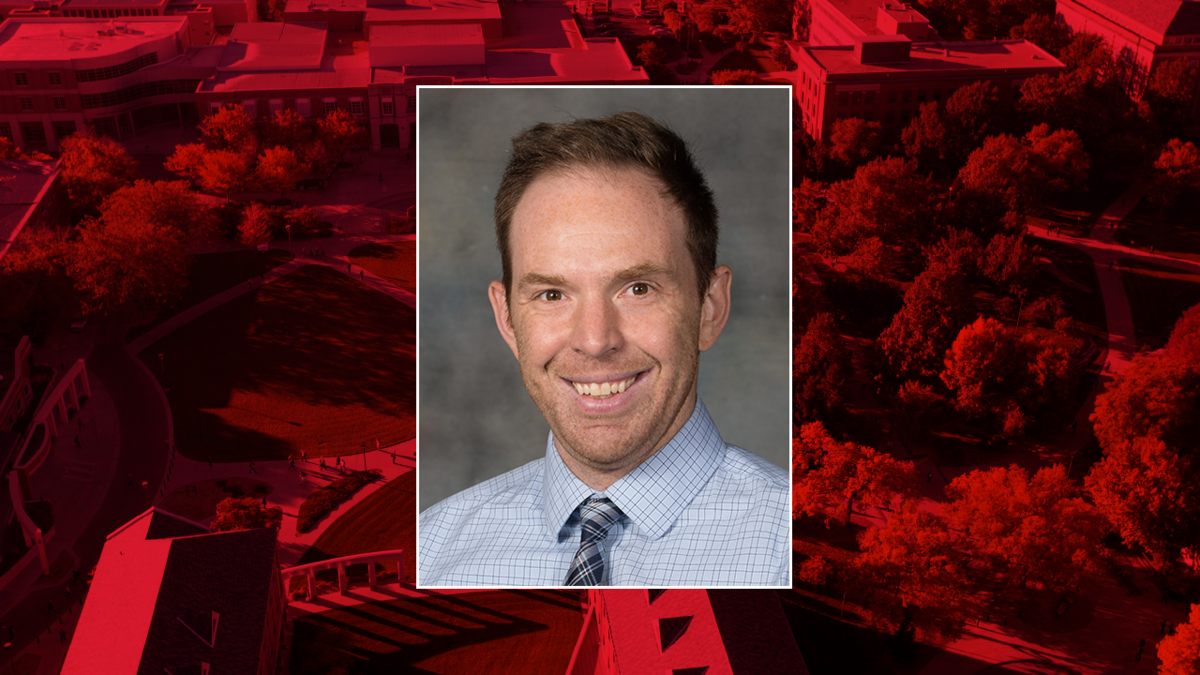
More than 80 percent of 1,561 undergraduates on academic probation have participated in the University of Nebraska-Lincoln’s new Academic Recovery Program this semester. The figure exceeds initial expectations of campus administrators who developed the program.
“We’ve never tried such an ambitious advising outreach effort before and some people questioned whether it would work,” said Bill Watts, director of university advising and career services. “Our academic advisers, faculty, and staff have worked hard to make it successful beyond our dreams.”
The Academic Recovery Program requires students who are placed on probation to attend a group intake session, meet individually with a recovery coach, and develop an academic plan for success. A registration hold is placed on the student’s account until the success plan is completed. This spring, students created 1,294 success plans with their recovery coaches.
Alexandra, a first-year student, said the program is great for students who are struggling in college.
“Working closely with an adviser helped me to create goals and reach those goals. I also think that the extra tools and workshops that students are provided on campus compliment the academic recovery program nicely,” Alexandra said. “Overall, I think it’s a great tool for students who just need a little push to succeed.”
The academic recovery coaches, which include advisers, faculty and staff, report the program has helped build stronger relationships with students.
“These meetings have helped me get to know students and help celebrate in their successes throughout the semester whether it’s doing well on a test, attending a study session or seeking out tutoring for the first time,” said Nicole Smith, success coach for First-Year Experience and Transition Programs. “Students open up and share what is going on and often times it’s not just academics that is affecting their success here at UNL. It can be life outside of the classroom too. I love being part of that.”
Tony Fucci, an academic adviser in the Exploratory and Pre-Professional Advising Center agreed.
“Helping students with their plans has allowed me to build relationships with students who may not have even come in for advising until it was too late,” Fucci said. “I feel as though my conversations with students have been much more meaningful as a result.”
Another factor contributing to the program’s impact is the integration of the success plans in the MyPLAN advising system. The plans are stored electronically in MyPLAN, enabling advisers and program staff to share records and collaborate across units to help students.
“The MyPLAN system has been essential in tracking student participation, “said Vanessa Roof, institutional retention and assessment analyst. “With MyPLAN we have kept the colleges informed about where their individual students are in the process.”
Priority registration for fall classes begins March 31.
“Now our priority is encouraging students to follow up with their academic coaches so that their holds can be lifted,” Watts said. “The real test of success is getting students back into good academic standing so that they can continue to make progress on their degrees.”
For more information about the Academic Recovery Program, go to http://success.unl.edu/academic-probation-recovery-program.







